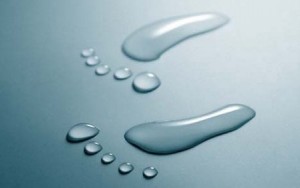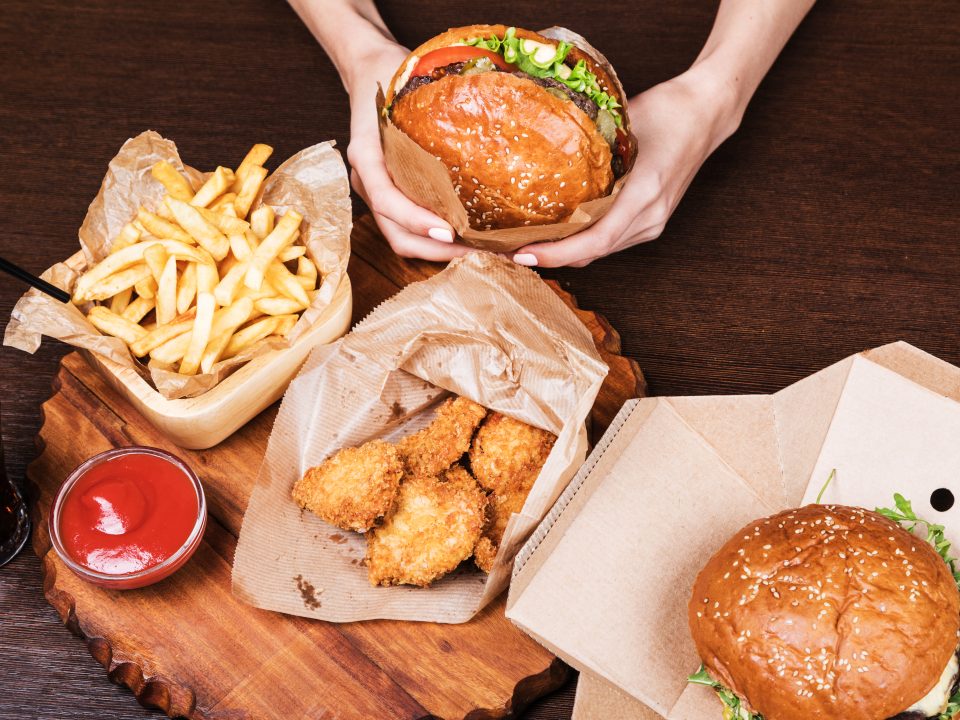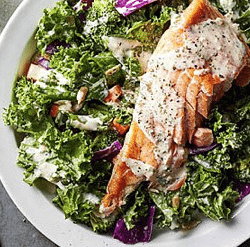Salt sensitivity and your blood pressure
January 11, 2016Factor affecting motivation
January 24, 2016So you’ve been doing really well for the past few weeks, you’ve lost some weight, and you decide you deserve to have a little slurge. One little treat. The next day you jump on the scales and find your weight has shot up a couple of kilos. Your jaw drops. You get off the scales, thinking you must have bumped something, maybe it wasn’t set to zero? You try again, and get the exact same reading. How on earth could you have gained so much weight from one piece of mud cake? All these weeks of hard work!
Before you throw in the towel and decide maybe you might as well finish off that entire cake- let alone one measly piece- lets take a look at what happens in your body when you are on a diet.
You reduce your calorie intake, so you are burning off more energy through the day than you are taking in through food and drinks. This means your body needs to use its own body stores of energy, one of which is body fat (which we want to burn off), and another is glycogen which you can think of as a bunch of sugar molecules all stuck together, along with accompanying water. When the glycogen is broken down into sugar and then used for energy, that same water will be released and excreted by your kidneys. Cue that magical first week when you seem to lose unbelievable amounts of weight and get super excited. Fluid loss accounts for the majority of this. After this initial loss, your scales won’t be quite so enthusiastic in their results at the end of the week, but you know that the weight that is coming off is real body fat.
You may have started to suspect what it is that happens if you load your carbohydrate stores back up again, like say, with a piece of decadent mud cake. In fact anything that will create a decent sugar load, either sweet foods or drinks or too large a portion of your “good” carbohydrates will all be broken down into sugar through digestion. Big sugar load= your body building up its sugar stores again. And bringing along the water that accompanies it. There’s your couple of kilos of fluid retention.
So you’ve gone a bit overboard, what now?
Once you return to your prior low calorie diet plan, that fluid will disappear as quickly as it did in week one. The issue is when you are having treats a little too often, and your weekly calorie count is no longer less than the energy you are burning off. That’s when you will hit plateaus or start to gain weight again. If you are finding you are really struggling with sugar cravings, make sure you are including regular moderate portions of complex carbohydrates as well as protein and healthy fats- think grains, whole fruit and vegetables, avocado, nuts, eggs, low sugar and fat dairy products, with a palm sized meat/chicken/fish portion through the day. This will ensure you stay feeling full and have stable blood sugars. Keep the treats to once or twice a week in a small portion. Exercise a little extra if you want to burn off those sugar stores quicker. Most of all, have a long term mindset- if you are more likely to stay on a diet long term and get to your goal within a year if you allow yourself an occasional indulgence, this is much better than being super strict with yourself for a few months and then throwing it all out the window because you feel too deprived. If 99% of your diet is healthy and you are getting up and moving regularly, you know you are doing an amazing job, and planned treats are just part of enjoying your new healthy life.





